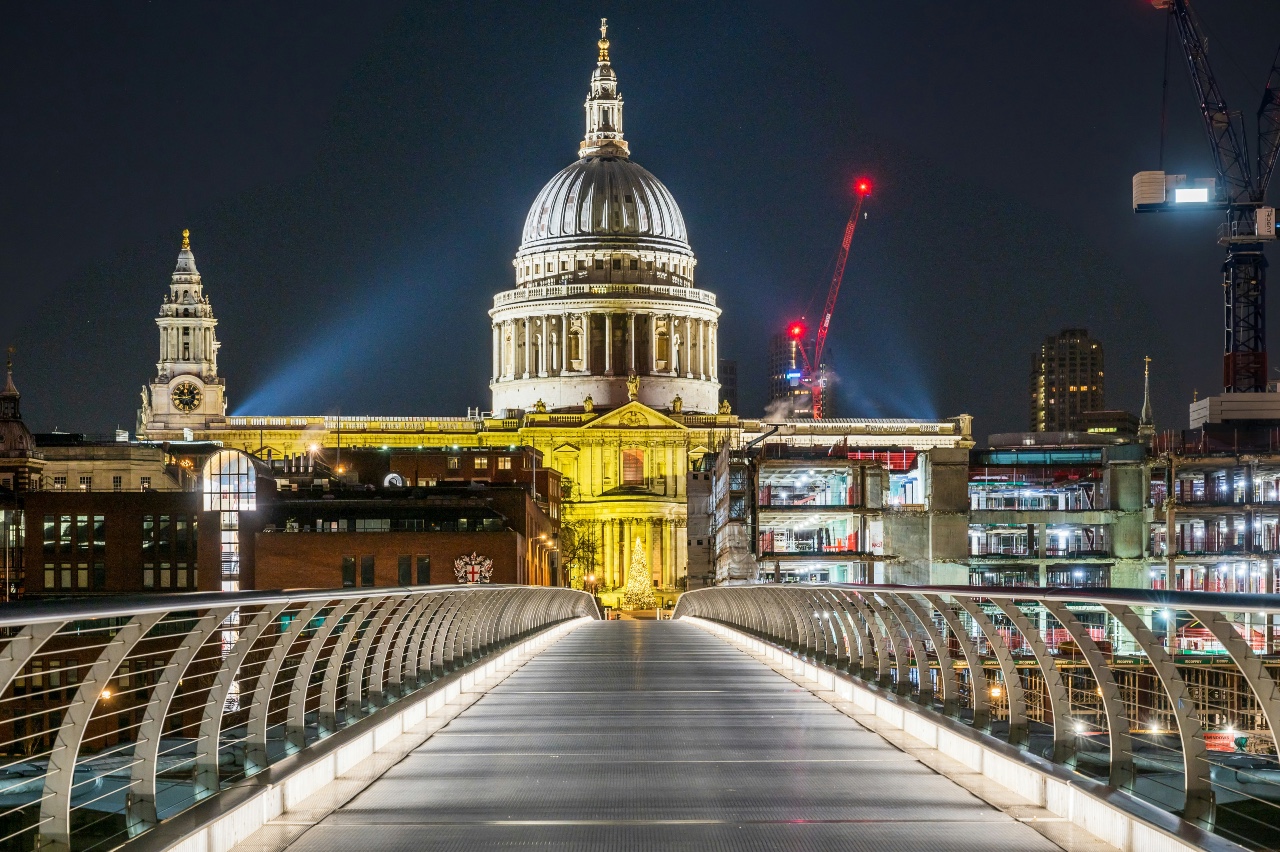Make COVID-19 crisis the defining moment in fight against climate change, say government advisers
The government should take urgent steps to initiate a green, resilient recovery from COVID-19, the Committee on Climate Change (CCC) has said.
In its annual report to Parliament, the CCC says important steps have been taken in the last year, but much remains to be done. For the first time the Committee sets out its recommendations government department by government department to propel the UK towards more rapid climate progress and position the country as an international climate leader ahead of the pivotal COP26 climate summit in Glasgow next year.
The report finds that, overall, UK emissions reduced by 3-4% in 2018-2019, a cut of 30% between 2008 and 2019. This was driven by strong progress in the electricity sector, as a result of effective policy. In 2020, global emissions are expected to fall by a record 5-10% as a result of the COVID-19 pandemic, with a potentially larger fall for the UK, but this will be a temporary effect.
The Committee assessed a wide set of measures and gathered the latest evidence on the role of climate policies in the economic recovery. Its report highlights five clear investment priorities in the months ahead:
1. Low-carbon retrofits and buildings that are fit for the future. Recommendations include a national plan to renovate buildings and construct new housing to the highest standards of energy and water efficiency, and a roll-out of ‘green passports’ for buildings and local area energy plans.
2. Tree planting, peatland restoration, and green infrastructure. The report says investing in nature, including in our towns and cities, offers another quick route to opportunities for highly-skilled employment, and outcomes that improve people’s lives.
3. Strengthening of energy networks for the net-zero energy transformation in order to support electrification of transport and heating. The report says hydrogen and carbon capture and storage (CCS) infrastructure will provide a route to establishing new low-carbon British industries. It suggests that fast-tracked electric vehicle charging points should hasten the move towards a full phase out of petrol and diesel cars and vans by 2032 or earlier.
4. Infrastructure to make it easy for people to walk, cycle, and work remotely. Recommendations include dedicated safe spaces for walking and cycling, more bike parking and support for shared bikes and e-scooters can help the nation get back to work in a more sustainable way. It says that for home working to be truly a widespread option, resilient digital technology (5G and fibre broadband) will be needed.
5. Moving towards a circular economy. The report says that within the next five years, we can not only increase reuse & recycling rates rapidly but stop sending biodegradable wastes to landfill. It calls for support for local authorities, to invest strategically in separated waste collections and recycling infrastructure and to create new regional jobs.
The report also highlights opportunities to support the transition and the recovery by investing in the UK’s workforce, and in lower-carbon behaviours and innovation:
1. Reskilling and retraining programmes, for a net-zero workforce
2. Leading a move towards positive behaviours, and to reinforce the ‘climate-positive’ behaviours that have emerged during the lockdown, including increased remote working, cycling and walking.
3. Targeted science and innovation funding in low-carbon and adaptation technologies.
CCC Chairman, Lord Deben, said: “The UK is facing its biggest economic shock for a generation. Meanwhile, the global crisis of climate change is accelerating. We have a once-in-a-lifetime opportunity to address these urgent challenges together; it’s there for the taking. The steps that the UK takes to rebuild from the COVID-19 pandemic can accelerate the transition to a successful and low-carbon economy and improve our climate resilience. Choices that lock in emissions or climate risks are unacceptable.”
Chair of the CCC’s Adaptation Committee, Baroness Brown of Cambridge, said: “COVID-19 has shown that planning for systemic risks is unavoidable. We have warned repeatedly that the UK is poorly prepared for the very serious impacts of climate change, including flooding, overheating and water shortages. Now is the moment to get our house in order, coordinate national planning, and prepare for the inevitable changes ahead. The UK’s domestic ambition can be the basis for strong international climate leadership, but the delivery of effective new policies must accelerate dramatically if we’re to seize this chance.”


